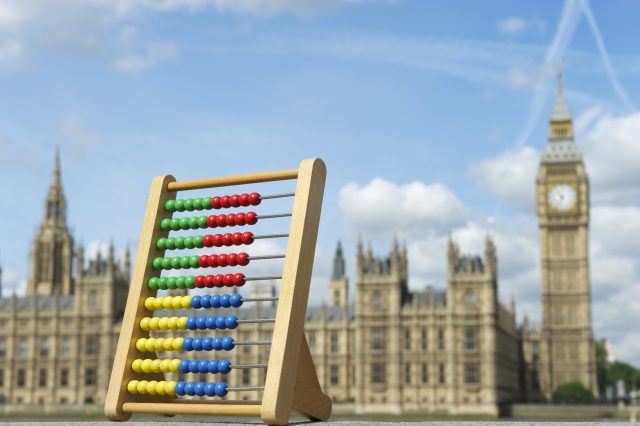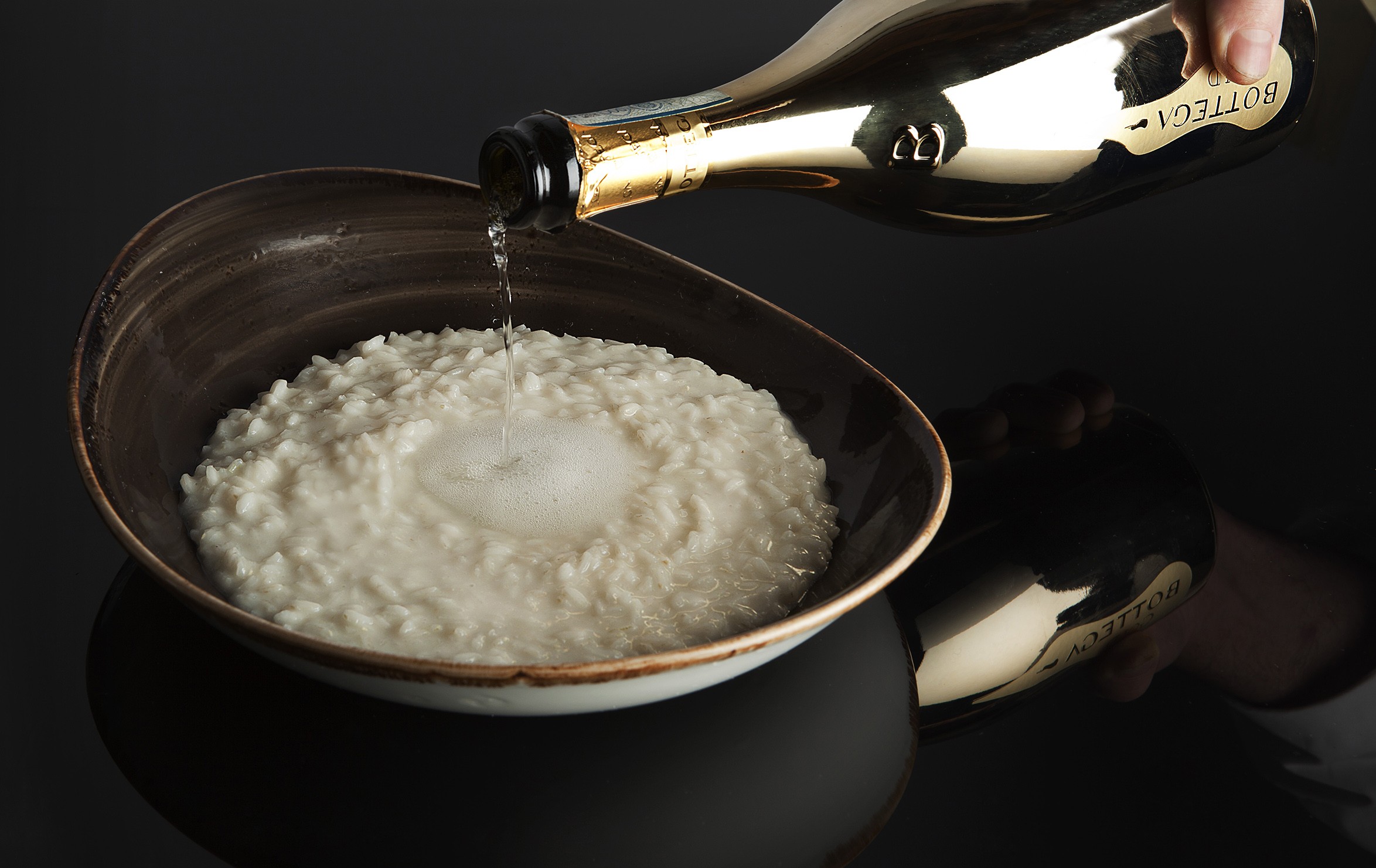Chancellor’s about-turn on alcohol duty freeze a ‘huge blow’
The Chancellor Jeremy Hunt has reversed the freeze on alcohol duty tax, which had been announced by his predecessor Kwasi Kwarteng in his mini-budget last month, as part of a wider government U-turn.

The planned Income Tax cut will no longer go ahead, along with planned cuts to dividend tax, a freeze on alcohol duty, IR35 changes and the VAT-free shopping scheme for tourists.
The tax measures set out in his predecessor’s Growth Plan will have a big knock-on effect on the UK on-trade with the government no longer freezing alcohol duty rates from 1 February 2023 for a year.
Emma McClarkin, CEO of the British Beer & Pub Association (BBPA) said: “The Chancellor’s decision today to reverse the alcohol duty freeze is a huge blow to brewers and pubs. The freeze would have delivered a £300m saving to our industry at a time when we desperately need any relief we can get, to help to keep a lid on spiralling costs and keep the price of pint affordable for pub goers this winter.”
The move comes following discussion with prime minister Liz Truss in an effort to ensure Britain’s economic stability and to provide confidence in the government’s commitment to fiscal discipline, but will have a knock on effect on the nation’s entire hospitality industry.
Cutting the basic rate of income tax to 19% from April 2023 will also be scrapped, as will the cut to dividends tax by 1.25%.
Partner Content
UKHospitality CEO Kate Nicholls said: “Given the economic volatility we have seen over the past few weeks, we understand the need for the Chancellor to announce these measures today, designed to deliver stability and restore confidence. I would encourage the government to work with the UK’s hospitality sector to unlock its enormous potential to support our economy in delivering growth, creating jobs and driving the recovery.”
Nicholls explained: “Prior to the energy crisis, which is proving to be so devastating, the sector was forecast to grow by 3% and there is still a real desire from our dynamic hospitality businesses to return to those levels of growth. However, the hospitality sector is so exposed to this crisis and has been devastated by it, which is why the energy support provided by the government to help weather this storm, remains critically important and will help protect a vital industry. It’s essential that the government continues to work closely with the sector as part of its review into support post-April 2023.”
In his statement, the Chancellor also said that any support for businesses will be targeted to those most affected, and that this new approach is set to incentivise energy efficiency as a priority.
However, McClarkin insisted that measures would need to be taken to secure the future of the sector and stated that the government’s about turn would have a detrimental impact on the industry. She warned how “the cost of doing business is completely out of control for pubs and brewers and the failure to act today to reduce pressures on businesses will hit them extremely hard” and outlined how the sector “needs stability to plan and be able to keep serving communities at a reasonable price, but instead has been subject to ongoing uncertainty for too long. Waiting until a February budget to ease these pressures will be too late. We need the Chancellor to act before winter really starts to bite for our brewers, pubs and the customers and we lose them forever in communities across the UK”.
As the drinks and hospitality gets back to health after pandemic, this move from the government is another blow to it as it regains its footing and the knock on effect is that extra costs will force many establishments to close for good, so business rates reform now needs to be leveraged to assist an industry already thwarted by so many challenges. As Nicholls pointed out: “One area in dire need of urgent reform is the business rates system, which is currently not fit for purpose and places an unfair burden on hospitality businesses. This is particularly pressing now, given the additional costs hospitality businesses will now be facing as a result of the freeze on alcohol duty being scrapped”.
Related news
Northern Monk to raffle 15 litre Nebuchadnezzar of imperial stout




